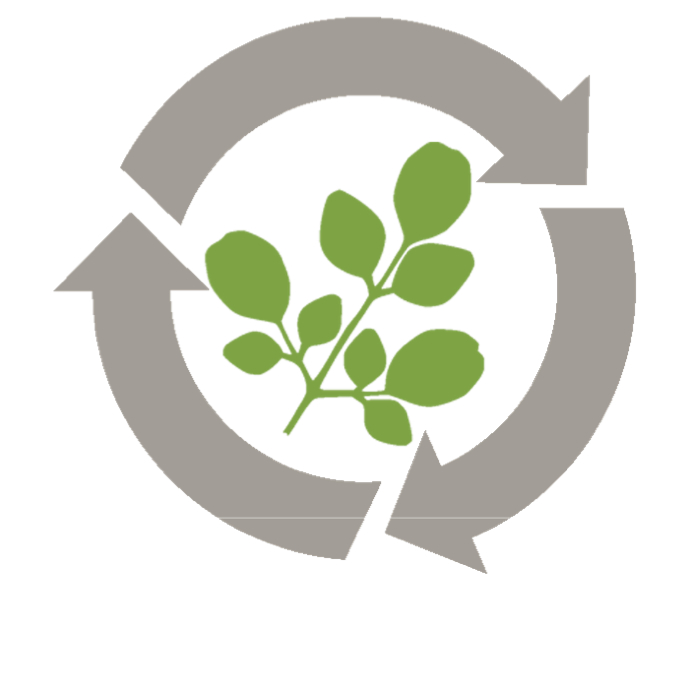Knowledge Transfer
To make sure that the observations and experiences of this year will be used in the learning process so that the same mistakes will not be made twice, we will deliver a business plan where all information about our practices and how to continue best will be written.
Continuation of practices
When we will leave Kumasi and stop participating in this project, it is important somebody gets the responsibility of continuing the practices. Charlotte and Gideon do this project as a graduation project, and they will be finished when we leave. This means that there have to be new students assigned to the project in order to keep it actual and up to date. A way this can be accomplished is by making the project part of graduating every year and this way assigning a few students on it. When the business will grow, more students can be part of the project for their graduation. This way, after a while the project can be executed without intervention from third parties.
When the Mor Nutro Powder business has fully been established, it will not be enough to only have graduation students on the project. Because it is a profitable business, it is possible that some one will be hired to overlook al the processes of the business and maintains the contacts between farmers, KITA and consumers.
The Mor Nutro Powder business will be a profiting activity of the Institute of Tropical Agriculture. Besides, there already have been done investments in the business. These two aspects enlarge the chance that the businesses will continue; also after the TU Delft students have left, because the sense of ownership lies at KITA.
